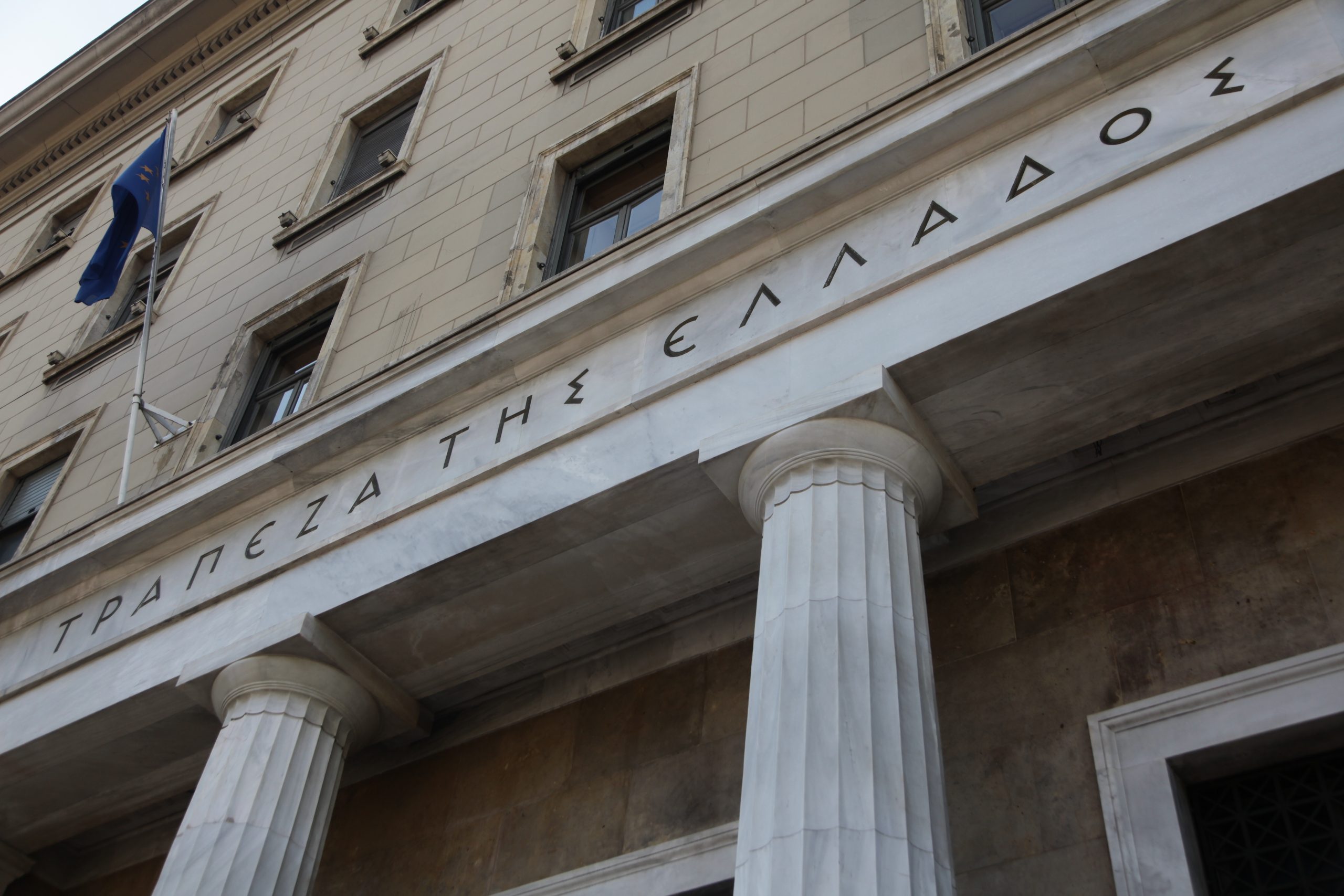Greece’s January current account registered a 1.7-billion-euro surplus against a deficit in 2023, according to a press release issued by the Bank of Greece (BoG) on Friday.
The surplus was attributed primarily to improvements in the secondary income balance and, to a lesser extent, the services balance, while the balances of goods and primary income worsened. At the same time, non-resident arrivals increased by 16.0%, with corresponding receipts up by 27.1%.
The goods deficit grew, reflecting a larger drop in exports than in imports. At current prices, exports fell by 10.4% (‑7.9% at constant prices) and imports decreased by 3.4% (up by 1.6% at constant prices). More specifically, non-oil goods exports at current prices fell by 8.4% (‑9.5% at constant prices) and the corresponding imports grew by 1.1% (1.9% at constant prices).
The capital account showed a deficit of 166.9 million euros, against a surplus in January 2023, mainly due to a decrease of 1.2 billion euros in general government net receipts.
Direct investment showed a 243.4-million-euro flow into residents’ external assets and a 375.6-million-euro flow into residents’ external liabilities representing non-residents’ direct investment in Greece, without any remarkable transactions.
At the end of January 2024, Greece’s reserve assets stood at 12.2 billion euros, compared with 11.8 billion euros at the end of January 2023.



